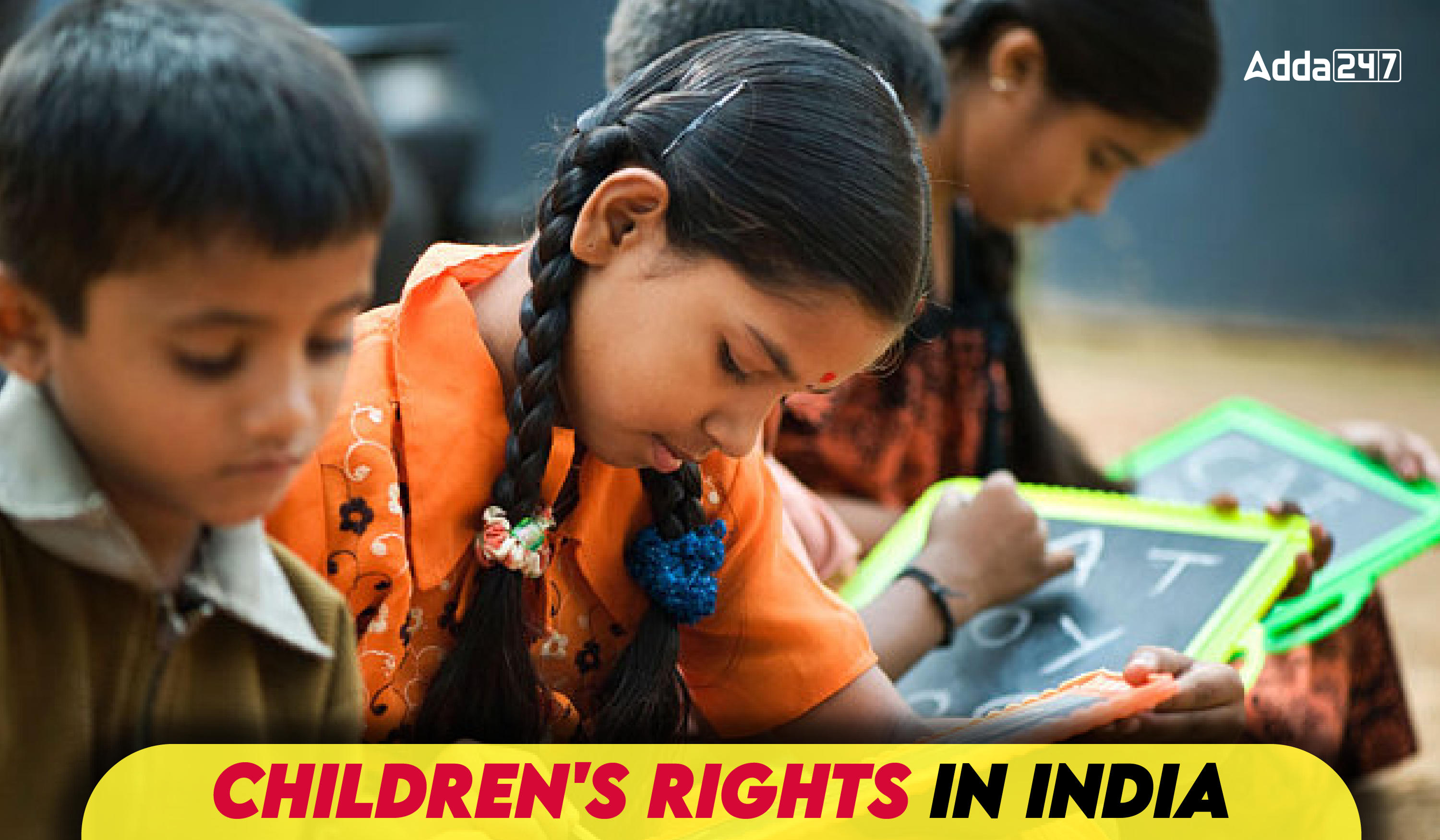Table of Contents
The Indian Constitution, along with various legislative measures and international commitments, ensures a robust framework for the protection and promotion of children’s rights in India. These provisions are designed to safeguard the well-being, development, and dignity of children, recognizing them as integral members of society with specific needs and rights.
Defining Children’s Rights
Children’s rights are a subset of human rights with a focus on the specific needs and vulnerabilities of individuals under 18 years of age. These rights encompass a broad range of protections, from basic human rights such as life, health, and education, to protection against abuse, exploitation, and discrimination. The concept is rooted in the recognition that children, due to their developing status, require special care and protection.
Provisions Dealing with Children’s Rights in India
The Indian Constitution includes several provisions aimed specifically at protecting children’s rights. These include both Fundamental Rights and Directive Principles of State Policy, ensuring that children are provided with a nurturing environment conducive to their development.
10 Fundamental Rights of a Child in India
- Right to Equality (Article 14): Ensures that no child is discriminated against on any grounds.
- Right Against Discrimination (Article 15): Protects children from discrimination and allows for special provisions for their welfare.
- Right to Personal Liberty and Due Process (Article 21): Safeguards the personal liberty of children and ensures legal processes are followed.
- Right to Education (Article 21A): Mandates free and compulsory education for children aged 6-14 years.
- Right Against Exploitation (Article 23): Protects children from human trafficking and forced labor.
- Prohibition of Employment of Children in Hazardous Jobs (Article 24): Prohibits the employment of children under the age of 14 in hazardous occupations.
- Right to be Protected from Abuse (Article 39(e)): Prevents children from being forced into activities unsuitable for their age or strength.
- Right to Development in a Healthy Environment (Article 39(f)): Ensures equal opportunities for healthy development and protection against exploitation.
- Right to Nutrition and Health (Article 47): Prioritizes children’s nutrition and health as fundamental duties of the state.
- Right to Protection of Minority Interests (Article 29): Safeguards the cultural and educational rights of children belonging to minorities.
The Commissions for Protection of Child Rights Act, 2005
The Commissions for Protection of Child Rights Act, 2005, led to the establishment of the National Commission for Protection of Child Rights (NCPCR) in March 2007. The NCPCR is tasked with ensuring that all laws, policies, and programs are in alignment with the child rights perspective as enshrined in the Constitution and the UN Convention on the Rights of the Child (CRC). This body plays a crucial role in monitoring and evaluating the implementation of children’s rights across the country.
Key Case Laws on Children’s Rights
- M.C. Mehta v. State of Tamil Nadu (1996)
In this landmark case, the Supreme Court addressed the issue of child labor, emphasizing the need for strict enforcement of laws prohibiting the employment of children in hazardous occupations. The Court directed the government to ensure the provision of education to children rescued from labor. - Unni Krishnan J.P. v. State of Andhra Pradesh (1993)
This case was pivotal in recognizing the right to education as a Fundamental right under Article 21. The Supreme Court’s ruling laid the groundwork for the subsequent 86th Constitutional Amendment, which introduced Article 21A, making education a Fundamental right for children aged 6-14 years. - Vishaka v. State of Rajasthan (1997)
Although primarily addressing workplace sexual harassment, this case underscored the importance of creating a safe environment for children and highlighted the broader implications for protecting children from abuse and exploitation.
Children’s Right to Education
The Right to Education (RTE) Act, 2009, operationalizes Article 21A of the Constitution. It mandates free and compulsory education for all children aged 6-14 years. The Act also outlines norms and standards for schools, ensuring quality education and infrastructure, and prohibits physical punishment and mental harassment.
Conclusion
Children’s rights in India are enshrined in the Constitution and supported by various laws and policies aimed at ensuring their protection, development, and well-being. The judiciary has played a crucial role in interpreting and enforcing these rights, ensuring that children are provided with a safe and nurturing environment. Understanding these provisions and case laws is essential for anyone preparing for judiciary exams, as they form the backbone of the legal framework protecting children’s rights in India.



 TSPSC Group 1 Question Paper 2024, Downl...
TSPSC Group 1 Question Paper 2024, Downl...
 TSPSC Group 1 Answer key 2024 Out, Downl...
TSPSC Group 1 Answer key 2024 Out, Downl...
 UPSC Prelims 2024 Question Paper, Downlo...
UPSC Prelims 2024 Question Paper, Downlo...
